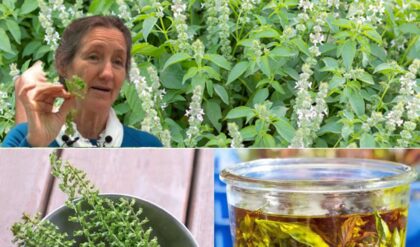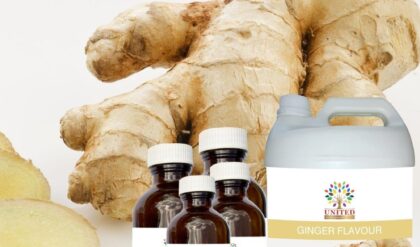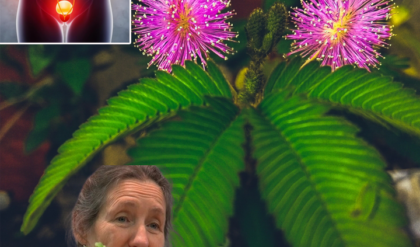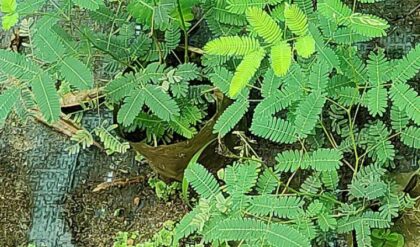Euphorbia hirta commonly known as the asthma plant is a medicinal herb valued in traditional medicine across various cultures. It has been widely used for treating respiratory ailments gastrointestinal disorders skin conditions and infections. This article explores its key benefits applications and preparation methods highlighting why this plant remains an important part of herbal medicine.

Respiratory Benefits
Euphorbia hirta is well known for its use in treating asthma bronchitis and persistent coughs.
✔ Bronchodilatory Properties helps relax the bronchial muscles making breathing easier
✔ Anti-inflammatory Effects reduces lung inflammation easing respiratory discomfort
✔ Traditional Use often brewed into tea or decoction to relieve asthma symptoms
💡 Best Method Drink a tea made from its leaves to soothe respiratory issues
Gastrointestinal Uses
Euphorbia hirta has been traditionally used for various digestive issues including diarrhea dysentery and irritable bowel syndrome.
✔ Antidiarrheal Properties helps reduce frequent bowel movements
✔ Anti-inflammatory Effects soothes gastrointestinal irritation and spasms
✔ Traditional Use a decoction made from the leaves can be consumed to aid digestion
💡 Best Method Prepare a herbal tea to support gut health and ease digestive discomfort
Dermatological Applications

Euphorbia hirta is often applied topically to treat wounds boils rashes and warts.
✔ Antimicrobial Properties helps fight bacterial and fungal skin infections
✔ Wound Healing traditionally used as a paste or infusion to promote skin recovery
✔ Anti-inflammatory Effects soothes irritation and reduces redness
💡 Best Method Crush fresh leaves into a paste and apply directly to the affected area
Antimicrobial and Antiviral Effects
Euphorbia hirta is believed to have strong antibacterial antifungal and antiviral properties making it a valuable natural remedy for infections. It is often used both internally and externally to support immune function and fight against pathogens.
Pain Relief and Anti-inflammatory Effects
This plant is commonly used to reduce pain and swelling associated with conditions such as arthritis muscle soreness and joint discomfort. The anti-inflammatory compounds present in the plant make it a natural pain reliever.
Antipyretic Properties
Euphorbia hirta has been traditionally used to reduce fever. Many cultures prepare a tea from its leaves to help lower body temperature and promote recovery from illnesses.
Urinary Tract Health

The diuretic properties of this plant help increase urine production supporting kidney function and flushing out toxins from the urinary tract. It is often used as a natural remedy for urinary infections and bladder inflammation.
Antioxidant Benefits
Rich in antioxidants Euphorbia hirta helps combat oxidative stress in the body reducing cell damage and lowering the risk of chronic diseases. Regular consumption may contribute to overall wellness and longevity.
Preparation and Usage
The most common way to use Euphorbia hirta is by making a tea or decoction from its leaves. To prepare this simply boil fresh or dried leaves in water for a few minutes strain and drink. For skin applications the leaves can be ground into a paste and applied directly to the affected area.
Safety and Precautions
Although Euphorbia hirta has been used for centuries it is important to use it in moderation. High doses may cause side effects such as nausea or irritation. Pregnant and breastfeeding women or individuals with pre-existing conditions should consult a healthcare professional before using this herb.
Final Thoughts
Euphorbia hirta is a versatile medicinal plant with a wide range of traditional uses. Whether consumed as a tea used as a poultice or taken in supplement form it offers numerous health benefits including respiratory support digestive relief and skin healing properties. With proper use and guidance from health professionals this plant can be a valuable addition to a natural wellness routine.





